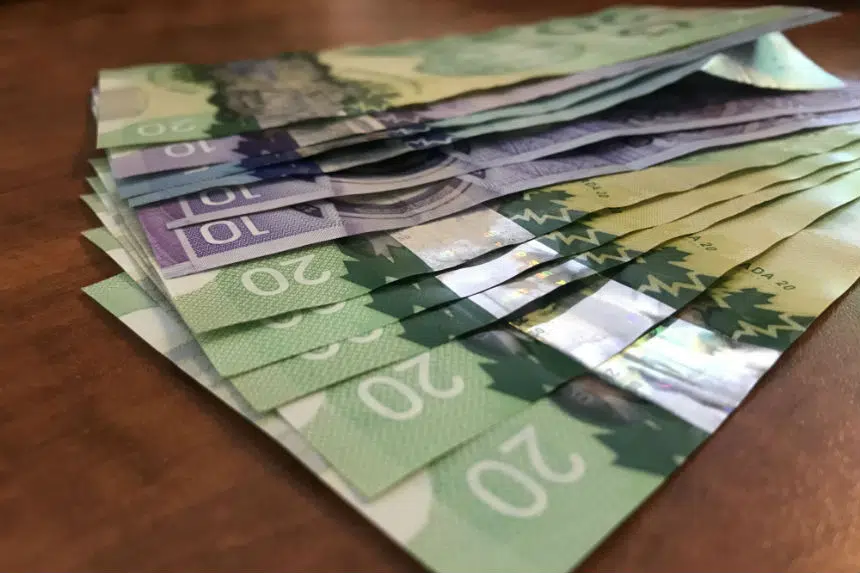Whether you’re buying your weekly groceries or looking at new homes, it’s no secret anymore that you’re being forced to pay a prettier penny.
The inflation rate soared to 5.1 per cent in January, the highest rate dating back to 1991.
Jason Childs is a Professor of Economics at the University of Regina and says the main reason this is happening falls at the hands of the federal government.
“The supply chain problems that we’re seeing across the country and internationally are going to play a role and combine that with the amount of money we’ve pumped into the system by just printing it basically,” Childs said.
“We’ve seen a massive increase in the amount of currency in the system. In my 30 plus years of doing this, I’ve never seen this much money enter the system this quickly.”
Childs believes politicians want to go down this road in order to have more freedom with spending.
“It gives them cover to spend money without taxing. It’s always way more fun to spend than it is to tax.”
The U of R professor is on board with the government going into the negatives but says doing so in the style of printing is going to have a long-term effect on so many people.
“I’d much rather they took on debt in the traditional sense, rather than just printing money. I think that’s a lot safer and a lot less dangerous to people at the lower end of the economic spectrum.”
Childs says the solution to lowering the inflation rate isn’t going to sound pretty.
“Interest rates are going to have to rise and what that means is mortgage rates are going to go up and borrowing rates across the board are going to go up. You’re going to pay more in interest.”
When the inflation rate was at a record-high number in 1990, the following year resulted in a recession.
Childs believes that history could repeat itself.
“1990 was the last time we saw interest rates so high and what happened shortly after in 1990, we got the (1991) recession,” Childs said.
Right now, the average house price in Canada has risen 21 per cent, which stands at $591,000/house.
Childs says that water fuel and electricity was the biggest thing that jumped out, with monthly bills rising up to 12 per cent.
In review, the master of economics says spending must slow down from the federal government and that taxes will have to increase at some point to soften the blow.











